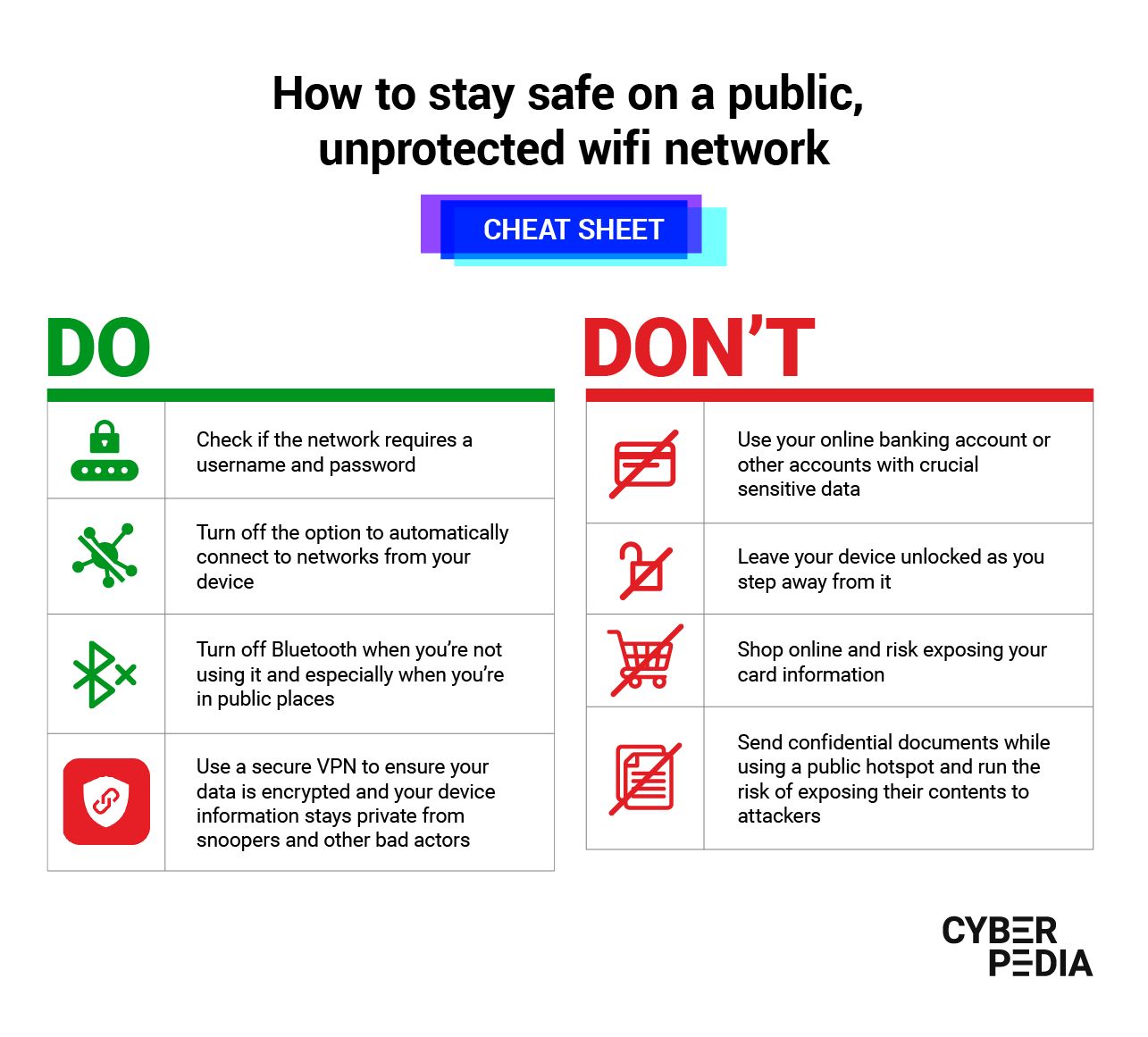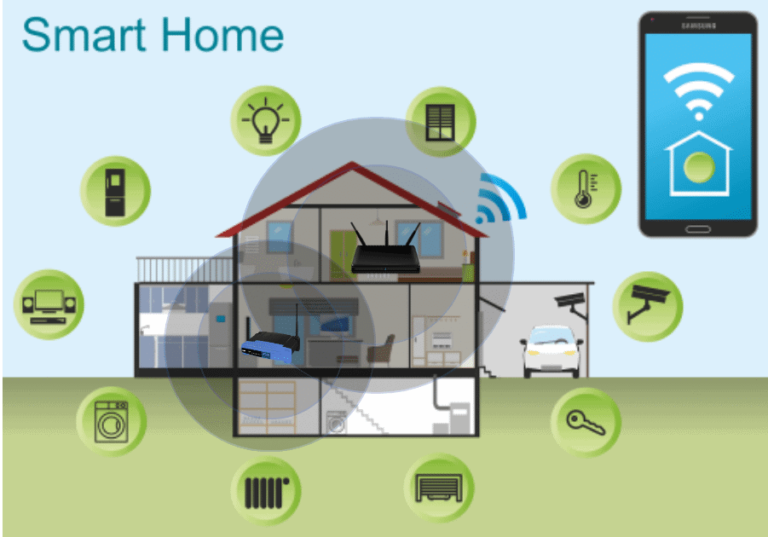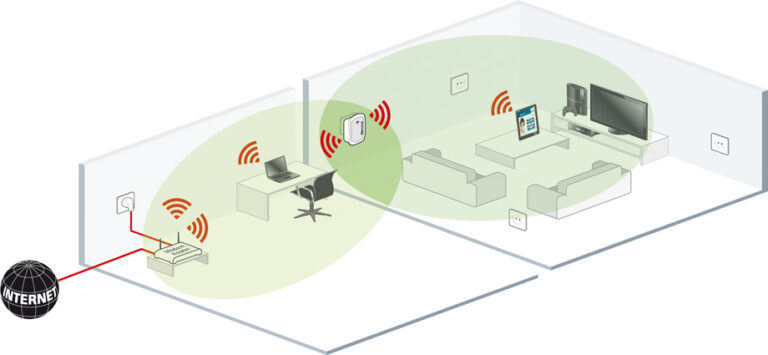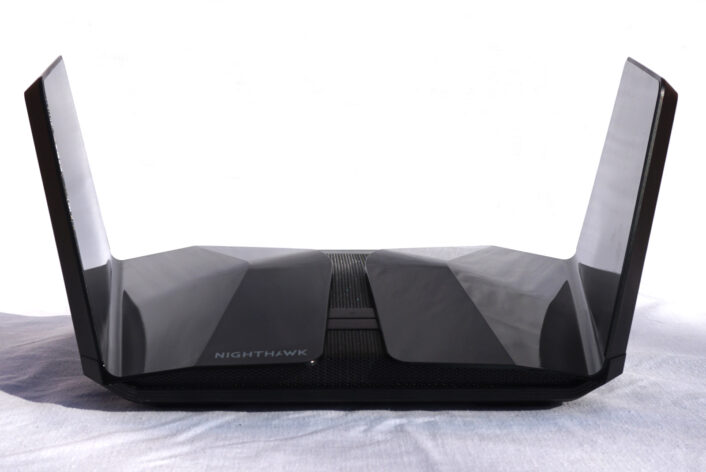Is Wi-Fi Secure If It Has A Password?
Wireless networks, or Wi-Fi, have become an essential part of our lives. They allow us to access the internet, stream media, and work remotely. However, when using public or unsecured networks, it is important to consider security. Is Wi-Fi secure if it has a password? The answer is yes, but only if the password is strong and regularly updated. A strong password should contain a combination of numbers, letters, and symbols, and it should be changed frequently to ensure that no one else can gain access to your network. Additionally, using a Virtual Private Network (VPN) can add an extra layer of security for data transmission and help keep your information safe.
What Is Wi-Fi?
Wi-Fi is a wireless technology that allows computers, laptops, tablets, and smartphones to connect to the Internet without the need for cables or wires. It works by sending and receiving data over radio waves, allowing devices to communicate with each other without the need for an intermediary. Wi-Fi is a cornerstone of modern life, allowing people to stay connected almost anywhere and anytime. However, with the convenience of Wi-Fi comes the risk of security breaches. Wi-Fi networks can be vulnerable to hacking, which can lead to the compromise of sensitive data. To ensure the secure transmission of data, it is essential to use a strong Wi-Fi password.
How Does Wi-Fi Security Work?
Wi-Fi security is a complex topic that requires an understanding of the underlying technology. Wi-Fi networks are secured using a variety of methods, which rely on encryption to protect the data being transmitted. The most common type of encryption is Wi-Fi Protected Access (WPA) encryption. This type of encryption is designed to protect the data being sent between two Wi-Fi devices, such as a laptop and a smartphone. WPA encryption requires a password to be entered when connecting to the network. This password is used to generate an encryption key, which is then used to encrypt the data being transmitted. Additionally, the network will also use other methods of authentication, such as MAC address filtering, to ensure that only authorized users are able to access the network. With the right security measures in place, Wi-Fi networks are secure and private, and can be trusted to keep your data safe.
Pros and Cons of Wi-Fi Password Protection
Wi-Fi password protection is something many of us rely on to keep our private data safe from prying eyes. But is it truly secure? This article will explore the pros and cons of using Wi-Fi passwords to secure your wireless network.
On the positive side, Wi-Fi passwords can go a long way in keeping your wireless network safe. When a password is set, it creates an initial barrier that can help prevent unauthorized access to your network. Additionally, passwords can be used to limit access to certain parts of your network to only those who know the password, and can even help you keep track of who’s connecting to your network.
On the flip side, there are some drawbacks to using Wi-Fi passwords for security. For one, passwords can be easily cracked if they are not strong enough. Additionally, passwords can be shared with other people, which defeats the purpose of having the password in the first place. Finally, passwords can be changed or forgotten, which could potentially leave your network vulnerable.
Ultimately, passwords can be an effective tool for protecting your network, but they are not foolproof. To ensure your network is as secure as possible, it is important to use a strong password, keep it updated regularly, and make sure it is not shared with anyone.

How to Make Sure Your Wi-Fi Network Is Secure
Wi-Fi networks can be both secure and vulnerable, depending on how they are set-up. To make sure your Wi-Fi is secure, it is important to understand the basics of setting up a secure network. Secure Wi-Fi networks use strong passwords and encryption protocols to protect your data and keep malicious actors out. To ensure the best security for your network, you should create a unique password with at least 8 characters including a combination of numbers, upper and lowercase letters, and special characters. Additionally, you should take the time to enable the latest encryption protocols such as WPA2 or WPA3 depending on the router you’re using. Finally, it is important to regularly update your router’s firmware to ensure the latest security patches and bug fixes are in place. By taking these steps to secure your Wi-Fi network, you can be sure your data is safe and secure from malicious actors.
Common Wi-Fi Security Issues
Wi-Fi networks are an essential part of modern life, but they can also be a source of vulnerability if not properly secured. While the presence of a password might give the impression that a Wi-Fi connection is secure, there are other security concerns that may still exist. To ensure that your Wi-Fi connection is secure, it’s important to understand the common security issues that can arise.
One of the most common security issues is a lack of encryption. Without encryption, the data that passes through the Wi-Fi connection is vulnerable to interception by hackers. To prevent this, it’s important to ensure that the Wi-Fi connection is using a strong encryption protocol, such as WPA2-PSK or WPA3. Additionally, it’s also important to update your wireless router’s firmware regularly in order to stay ahead of any potential security issues.
Another security issue is the use of outdated or weak passwords. It’s important to use a strong password that is difficult to guess and that is changed regularly. It’s also important to keep the wireless router’s administrative settings secure, as these can be used to access the router and make changes to the network.
Finally, it’s important to be aware of other devices connected to the Wi-Fi network. Devices such as smartphones, tablets, and laptops should be secured with passwords and updated regularly to ensure that they are not vulnerable to security threats.
By understanding the common security issues associated with Wi-Fi networks, you can ensure your connection is secure and minimize the risk of data theft or unauthorized access.
Conclusion
In conclusion, Wi-Fi security is largely based on how people use it. If you use a secure password and enable encryption, you can be assured that your Wi-Fi network is secure. Additionally, if you use a VPN, you can ensure that your data is encrypted from end to end and is further safeguarded against malicious cyber-attacks. Ultimately, no wireless network is totally secure, but you can ensure that your own is as secure as possible by following the best practices outlined in this article. It’s also important to note that you should regularly update your Wi-Fi security settings to ensure that your network remains secure and up-to-date.
FAQs About the Is Wi-Fi Secure If It Has A Password?
1. Is it safe to use a public Wi-Fi network if it has a password?
Answer: While having a password can help protect your data from unauthorized access, it is not a guarantee that your data is secure. Public Wi-Fi networks are generally less secure than private ones, so it is best to avoid sending sensitive information over public Wi-Fi networks.
2. What can I do to make my Wi-Fi connection more secure?
Answer: You can make your Wi-Fi connection more secure by using WPA2 encryption, setting a strong password, and using a Virtual Private Network (VPN) to encrypt your data. Additionally, you should always keep your router firmware up-to-date and turn off features like remote access and Wi-Fi Protected Setup (WPS).
3. Is it OK to use free Wi-Fi hotspots if they have a password?
Answer: While having a password can provide some level of security, it is still best to avoid sending sensitive information over free Wi-Fi hotspots. Free Wi-Fi hotspots are generally less secure than private networks, so it is best to exercise caution when using them.
Conclusion
In conclusion, Wi-Fi security can be improved by using a password. While having a password does not guarantee full security, it does provide an additional layer of protection and is an important step to take when setting up a Wi-Fi network.




